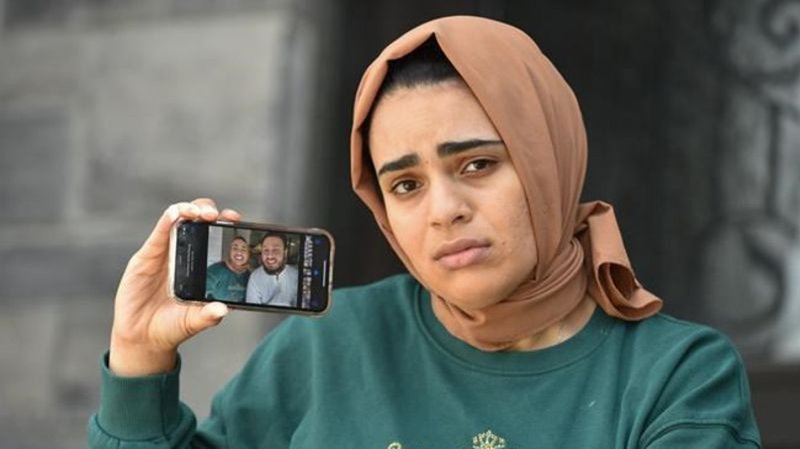
International couples plan reunions in Canada under new travel exception
Alia Youssef and Mohamed El-Sawah have been in a long-distance relationship for the better part of a year, though they live just a 35-minute drive apart.
Youssef lives in Windsor, Ont., El-Sawah in a suburb of Detroit, Mich.
When the Canada-U.S. border was closed in March due to COVID-19, they were forced to place many of the cultural and religious traditions important to their Egyptian, Muslim engagement on hold. Youssef has yet to meet her husband-to-be’s parents in person. The two have been looking at wedding venues and getting to know each other’s families over video calls.
“We’re engaged with no rings, let’s call it that,” El-Sawah said in a phone interview on Wednesday.


